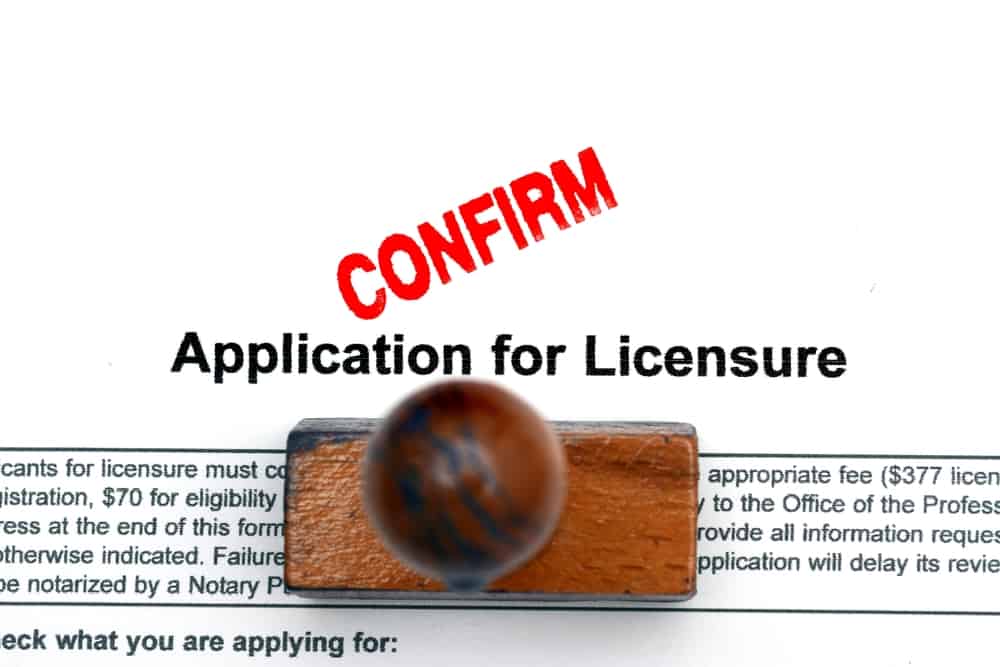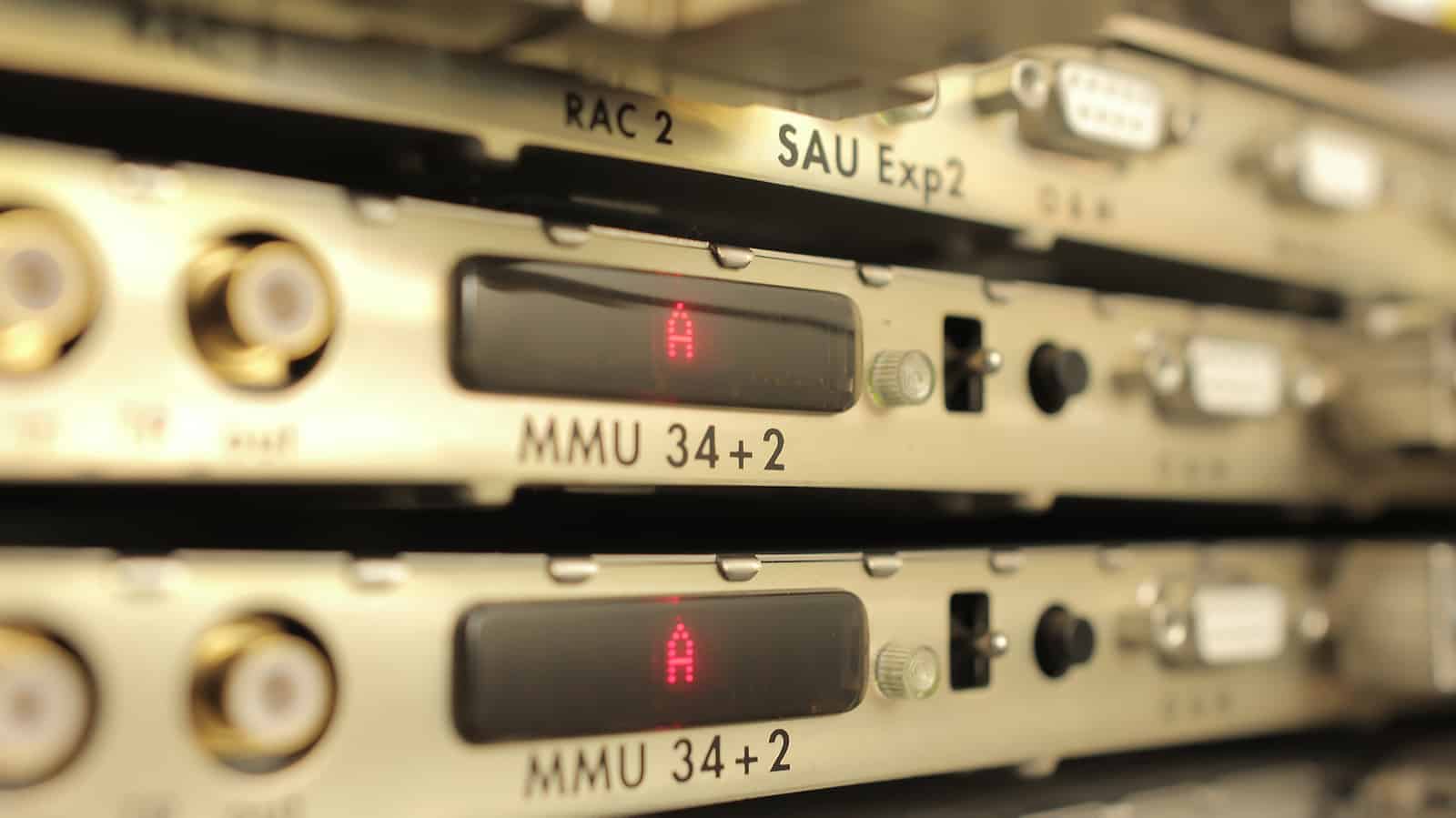Abortion continues to be a controversial topic that evokes strong emotions and opinions across the United States. As someone who has spent time researching and reflecting on the various arguments and viewpoints, I believe it is essential for readers to understand the complexity of this issue. In this essay, I will explore different perspectives on abortion, providing insight into the moral, legal, and religious aspects underpinning the longstanding debate.
According to a survey conducted by the Pew Research Center, about six-in-ten Americans (62%) say abortion should be legal in all or most cases. This indicates a societal divide influenced by individual values, religious beliefs, and political affiliations. Yet, despite this polarization, many Americans have nuanced feelings about abortion, and engaging in constructive dialogue can offer deeper insights into understanding the intricacies of this subject. In this essay, I will invite readers to examine various arguments and perspectives, inspiring meaningful conversations that can lead to greater empathy and understanding among people with differing opinions.
Pro-Choice Perspective

Medical and Ethical Aspects
When I consider the pro-choice perspective, it is vital to acknowledge the medical and ethical aspects of abortion. Advances in medical technology have made induced abortion a safe and effective procedure, giving women the option to terminate a pregnancy through medical or surgical methods. Although views on the ethics of abortion vary widely, it is essential to understand that being pro-choice doesn’t automatically mean promoting abortion but rather advocating for women’s right to decide about their bodies.
Legal Framework
Abortion has a complex legal history in the United States, with the landmark case of Roe v. Wade in 1973 establishing a woman’s constitutional right to privacy, encompassing the decision to have an abortion. Despite ongoing debates and attempts to limit access, the pro-choice movement argues that restrictive abortion laws disproportionately negatively affect women’s rights and health, often leading to unsafe procedures.
Women’s Rights and Societal Implications
From a women’s rights perspective, they advocate for pro-choice means defending their autonomy and the right to control their reproductive choices. Unrestricted access to safe and legal abortion services can help reduce discrimination and improve overall health outcomes by allowing women to plan and space pregnancies, access contraceptives, and receive comprehensive sex education.
Methods and Alternatives
There are various methods of abortion, including:
- Medical abortion: using medications like mifepristone and misoprostol.
- Surgical abortion: vacuum aspiration, dilation and evacuation, and dilation and extraction.
Some pro-choice advocates emphasize the importance of informed decision-making and consider alternatives like adoption, contraception, and family planning.
Advantages and Disadvantages
Advantages:
- Empowering women to take control of their reproductive decisions.
- Better access to safe legal procedures.
- Reduces the number of unsafe and “back-alley” abortions.
Disadvantages:
- Some people experience moral and ethical concerns.
- Potential for stigma and guilt surrounding the decision to have an abortion.
From my pro-choice perspective, it’s critical to understand the complexities and nuances of the debate surrounding abortion. It is ultimately about preserving the autonomy and rights of women to make informed choices about their bodies and lives.
Current Situation After Supreme Court Ruling
Impact on State Laws
Since the Supreme Court overturned Roe v. Wade, ending the right to abortion, many states have started implementing more restrictive abortion laws. In my observation, the laws in Georgia, Ohio, and Idaho have banned abortions after six weeks of pregnancy. While court orders previously blocked these laws, they may now take effect, potentially leading to a patchwork of abortion regulations across the United States.
Societal Debates and Challenges
As I see it, the debate on abortion in our society has become even more polarized. The pro-life and anti-abortion movements gained momentum after the Supreme Court ruling, further fueling the debate on women’s rights, human rights, and discrimination. Additionally, religious and moral perspectives have contributed significantly to the ongoing discussion on abortion. I’ve noticed that arguments concerning the moral aspects of abortion parallel debates on topics like euthanasia and the meaning of life.
Potential Consequences
From my perspective, one of the main concerns arising from the new restrictive abortion laws is the increase in unsafe abortions. As legal access to abortion becomes more limited, women in need might resort to unsafe procedures, risking their lives and health. This could lead to a rise in maternal mortality rates, medical complications, and emotional trauma for women who undergo unsafe abortions.
Furthermore, I think this situation might create additional barriers to accessing contraception, impacting not only abortion rates but also contributing to a rise in unplanned pregnancies. In my opinion, women’s and human rights are at the center of this issue, with the potential for individuals to feel an increased sense of guilt and invasion of privacy when seeking reproductive healthcare.
In conclusion, the Supreme Court ruling on abortion has significantly affected state laws, societal debates, and potential consequences for women’s rights and access to safe reproductive healthcare.
FAQs
What is an abortion?
Abortion is a medical procedure that ends a pregnancy. It can be performed through various methods depending on the stage of pregnancy. As a basic healthcare need, an estimated 1 in 4 pregnancies worldwide ends in an abortion yearly.
What are the main viewpoints on abortion?
I’ve found two primary viewpoints on abortion: pro-choice and anti-abortion. This topic is one of binary choices, and most of us have an opinion. People who are pro-choice believe that individuals should have the right to decide whether or not to have an abortion. Conversely, those who are anti-abortion believe that the procedure is morally wrong and the rights of the fetus should be prioritized.
When is an abortion typically performed?
Abortions can be performed at different stages of pregnancy. Earlier abortions can be medically induced with medication, while later ones may involve surgical procedures. Specific regulations regarding the gestational point at which abortions occur vary by jurisdiction.
Are there any risks associated with having an abortion?
Like any medical procedure, abortions carry some risks. These can include infection, excessive bleeding, and complications with anesthesia. However, the risk of complications is relatively low when a skilled and experienced medical professional performs the abortion.
What are the legal aspects of abortion?
The legality of abortion varies by country and even within different states or regions. In some places, access to abortion is restricted or banned altogether, while in others, it is available with minimal restrictions. Therefore, it is essential to know the local laws and regulations governing abortion where you live.



